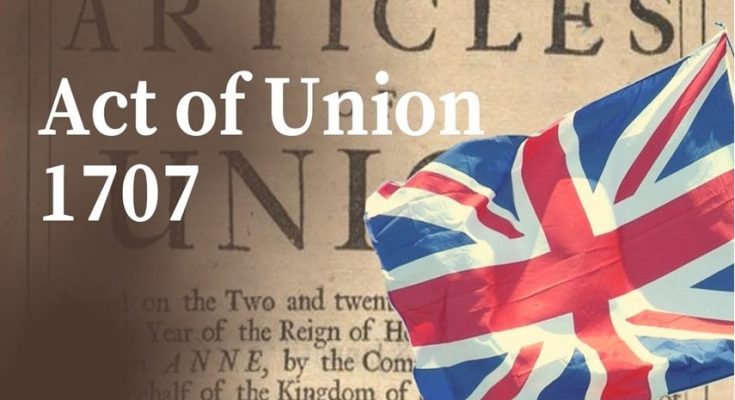Question-How was the history of nationalism in Britain unlike the rest of Europe?
Answer-
The uniqueness of Britain’s nationalist history lies in its gradual evolution, the dominance of English culture and political institutions over other ethnic groups within the isles, and the suppression of distinct cultural identities to forge a unified British nation.
The development of nationalism in Britain was distinct from the rest of Europe due to several unique factors-
- Gradual Process- Unlike many European nations, which experienced abrupt revolutions and upheavals, the formation of the British nation-state was a gradual and long-drawn-out process that evolved over centuries.
- Pre-18th Century Identity- Prior to the eighteenth century, there was no singular British nation. The identities of the inhabitants of the British Isles were primarily based on ethnic lines, such as English, Welsh, Scot, or Irish, each with distinct cultural and political traditions.
- English Dominance- The English nation, growing steadily in wealth, importance, and power, extended its influence over the other nations within the isles. This dominance was facilitated by the English Parliament, which had gained significant power from the monarchy by the end of the seventeenth century.
- Act of Union 1707– The unification of England and Scotland under the ‘United Kingdom of Great Britain’ was effectively an imposition of English influence on Scotland. Post-union, the British Parliament was dominated by English members, leading to the systematic suppression of Scotland’s distinctive culture and political institutions.
- Suppression of Cultural Identities- The growth of a British identity entailed the repression of other cultural identities within the union. For example, Scottish Highlanders faced severe repression, including prohibitions on speaking Gaelic and wearing traditional dress, with many being driven out of their homeland.
- Ireland’s Incorporation- Ireland’s incorporation into the United Kingdom in 1801, following a failed revolt, highlighted the divisive and suppressive nature of British nation-building. The English supported the dominance of Protestants over a largely Catholic Ireland, leading to significant religious and cultural tensions.
- Cultural Propagation- The new British nation was forged through the active promotion of dominant English culture, symbols such as the Union Jack, the national anthem “God Save Our Noble King,” and the English language, with the older nations surviving only as subordinate partners in this union.
Also Check – The Role of Women in Nationalist Struggles – Short note
Also Check – The Frankfurt Parliament
Also Check – The Rise of Nationalism in Europe- 39 Mcqs
Also Check – The Balkans – Nationalism, Imperialism, and World War I
Also Check – The Rise of Nationalism in Europe – Class 10 – Notes
Also Check – Briefly trace the process of German unification
Also Check – Napoleon and the Napoleonic Code- Impact on European Societies and Legal Systems
Also Check – Why did Nationalist Tensions Emerge in the Balkans?

